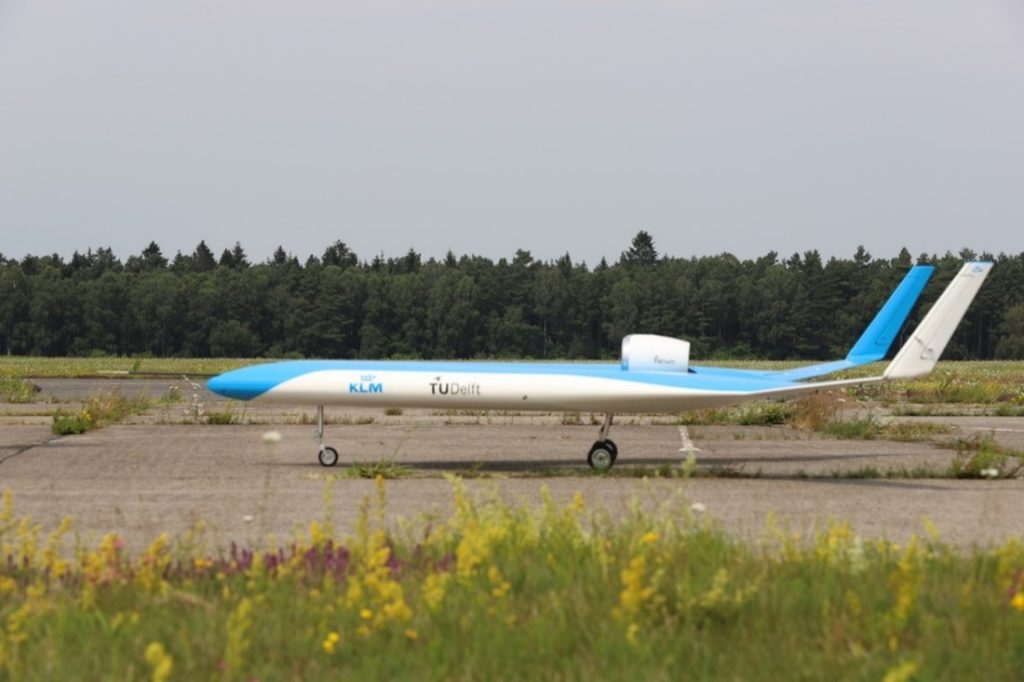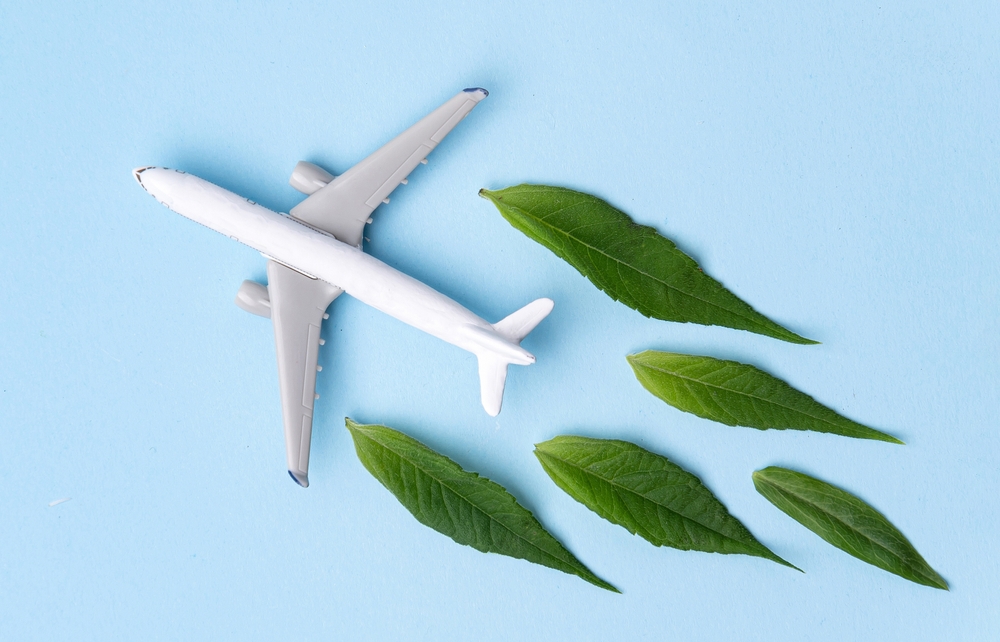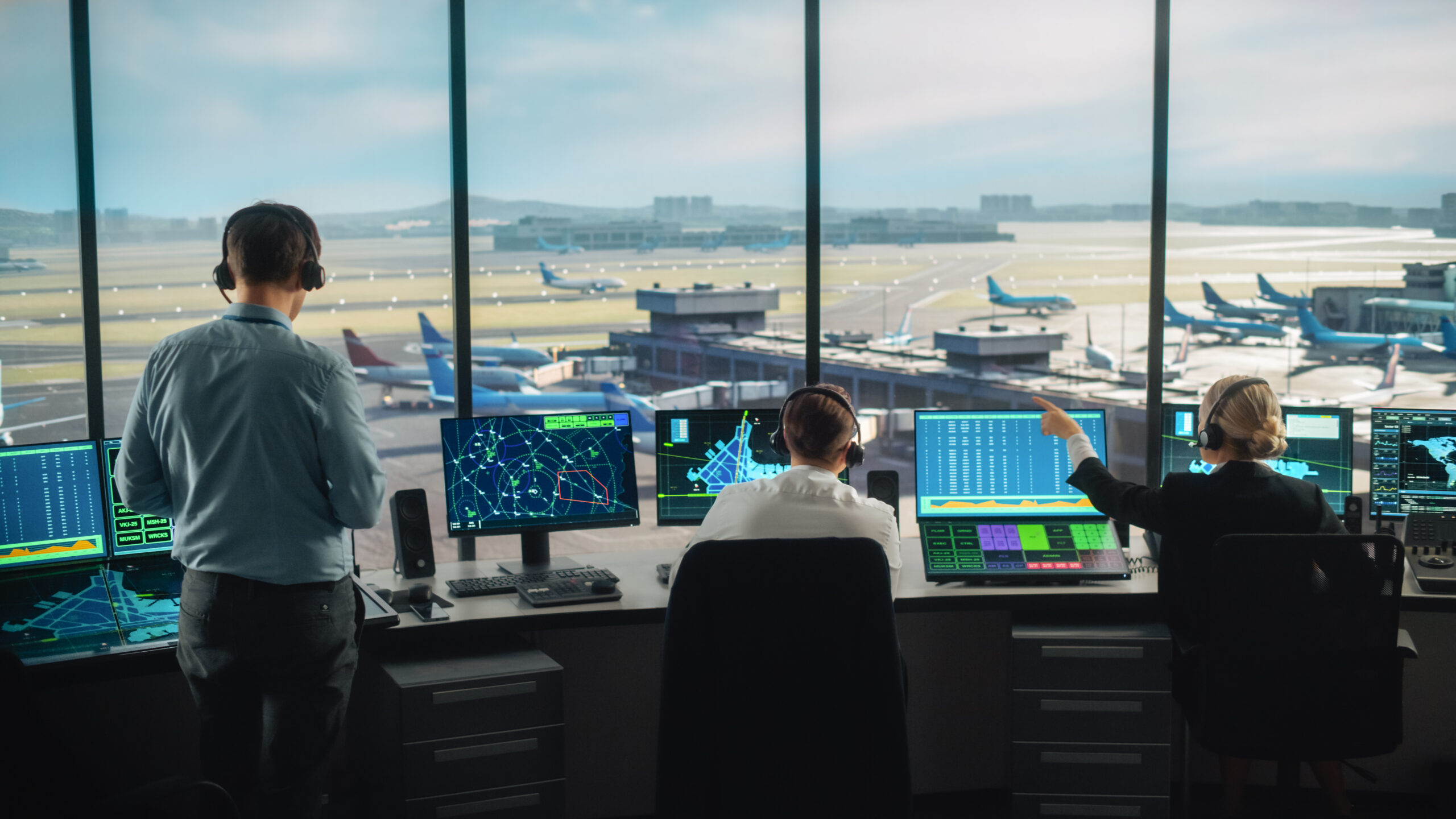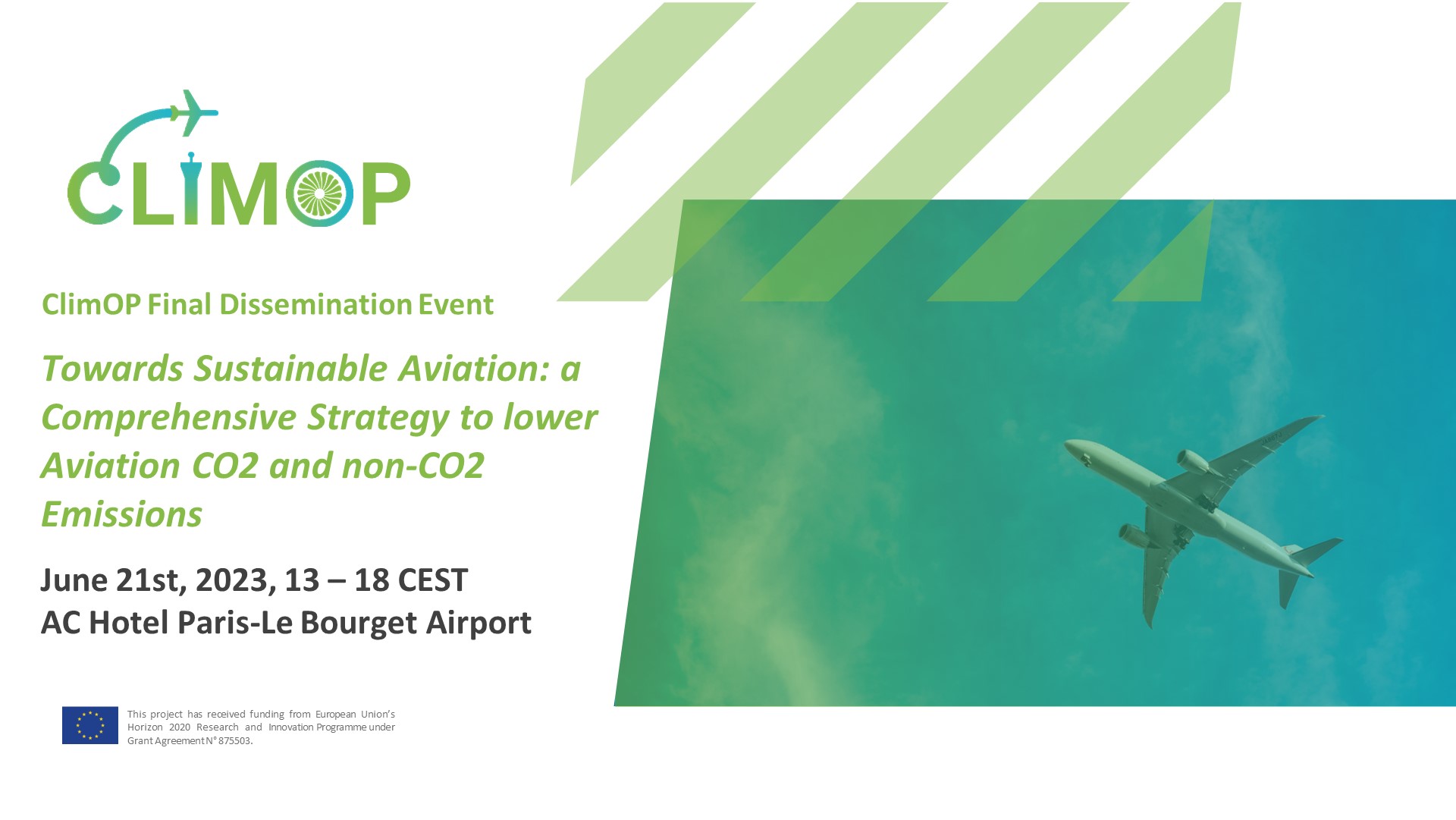At Delft University of Technology – a member of ClimOP – one of the pivotal objectives is to develop climate neutral aviation. Its Faculty of Aerospace Engineering is one of the largest, well known scientific communities of the world in terms of aerospace innovations. Their studies on sustainable aviation can be grouped under three main themes: sustainable operations, sustainable energy and propulsion, and energy reduction.

“We believe that aviation contributes a lot to welfare and wellbeing of people around the world, but are very much aware that aviation contributes to climate change and that this contribution will grow exponentially if we don’t intervene. Therefore, we need to take climate action in aviation, and we need to take it now.” Henri Werij, Dean faculty of Aerospace Engineering, TU Delft.
Sustainable operations
This varies from ground operations, such as the ones carried out in airports, to flight operations, like sustainability-focused Air Traffic Management systems. Within this group, there are also studies on the effects of new aircraft designs and alternative fuel on the atmosphere composition. More sustainable aviation operations are often seen as able to tackle climate change with a cost-effective approach.
Operations on the ground:
To achieve a climate neutral aviation, researchers at Delft University of Technology develop operations on the ground based on:
- Modern concepts and digital solutions that help airlines efficiently operate and maintain their aircraft without wasting unnecessary resources;
- Fundamental knowledge of the effects of aircraft emissions on air quality, and
- Technologies that are effective in reducing/eliminating combustion emissions and noise emissions, e.g., e-taxiing and hybrid taxiing. To this, TUD works on models, such as the Ground Movement Airport Model.

TU Delft PhD researcher taking noise measurements. Image: Remco de Wit, DEAC
Operations in the air:
At flight level, TU Delft attempts to produce a climate neutral aviation by:
- Studying mitigation strategies to reduce the climate impact of both CO2 and non-CO2 effects, from NOx, water vapour, contrails, and direct aerosols. Specifically, for non-CO2 effects, which are subject to the emission quantity, locations, time, and local weather conditions, TUD is working on trajectory optimisation to avoid climate-sensitive regions mainly subject to the non-CO2 effects;
- Collaborating on the development of numerical models, like (algorithms) climate change functions, to help stakeholders, such as Air Traffic Management sectors and airlines, to develop climate optimised flight routes;
- Releasing an airline network development model, an essential tool for studies on sustainable operations.

Stockphoto Getty Images. Credits: Walter Bibikow
Sustainable energy and propulsion
One of the most promising ways to reduce the climate impact of aviation depends on the employment of alternative energy. Electricity, biofuels and other sources of energy have been shown to contribute to climate neutral aviation with a reduction of up to 80% of the carbon footprint of aviation fuels. TU Delft’s address this issue with:
- Novel propulsion concepts for aviation to use sustainable fuels, like cryogenic natural gas or cryogenic hydrogen.
- Electric and (hybrid) electric aircraft/propulsion systems.
- Sustainable production of green aviation fuels, such as synthetic kerosene, LNG, and hydrogen. Re-using CO2 for the production of green fuels is another way TUD employ to build a climate neutral aviation. All options need to be on the table. For instance, sustainable fuels are better suited for long-haul flights and electric aircraft for shorter routes.
Energy reduction
Delft Technical University strives to make aircraft and aircraft engines as efficient as possible. To this end, TU Delft researchers have lately developed a revolutionary Flying-V aircraft design. Improved aerodynamics and reduced weight enable the new model to save 20% on fuel consumption compared to state-of-the-art long-haul aircraft, like the Airbus A350. Their prediction is that lightweight aircraft materials and new systems for Air Traffic Management will significantly contribute to save energy.

TU Delft Flying-V. photo: Joep van Oppen, KLM and TU Delft
Interested in knowing more about TU Delft commitment in the climate neutral aviation goal? Visit their webpage!




